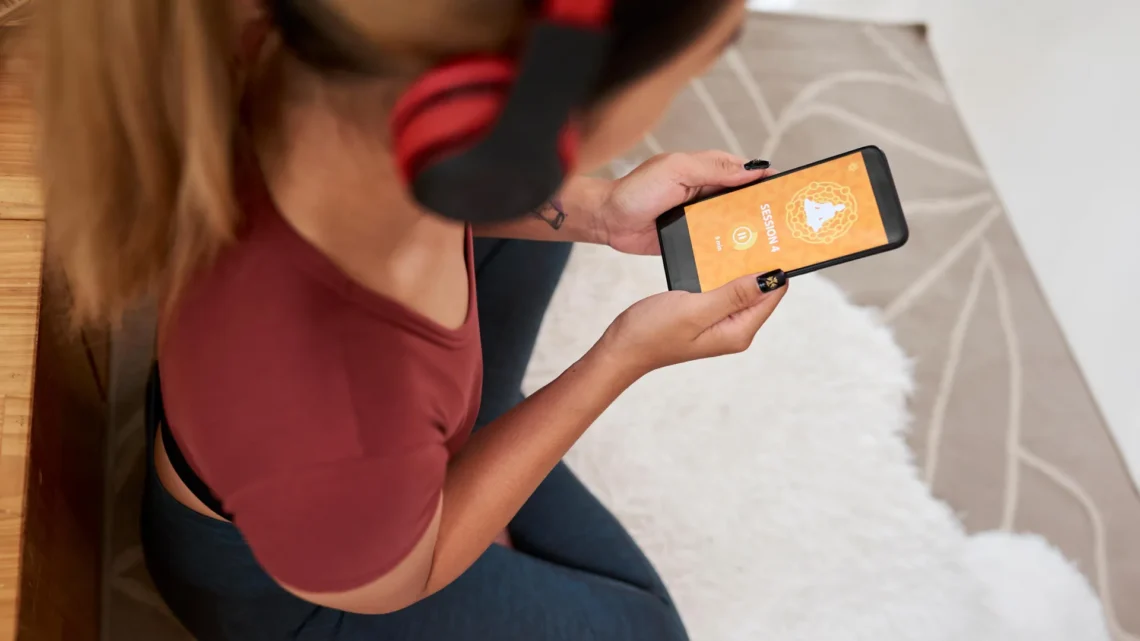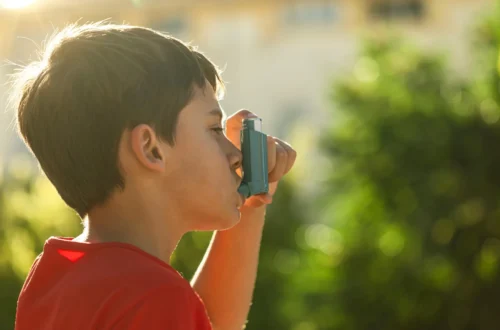The Surge of Meditation Apps: A Digital Path to Well-Being
Do you have a meditation app on your smartphone, computer, or wearable device? If so, you are part of a growing trend.
A Boom in Meditation App Availability
Currently, thousands of meditation apps are available globally, with the top ten collectively downloaded over 300 million times. Preliminary research indicates that even brief usage of these digital meditation platforms can lead to significant mental health benefits, including reduced symptoms of depression, anxiety, and stress, as well as improved sleep quality.
Widespread Popularity and Research Opportunities
“Meditation apps, such as Calm and Headspace, have gained immense popularity in the commercial sector,” remarks J. David Creswell, a health psychologist at Carnegie Mellon University and lead author of a review paper on meditation apps published in the journal American Psychologist. “These platforms engage millions of users daily and create new scientific opportunities while posing significant challenges.”
Enhancing Access to Mindfulness
A major advantage of meditation apps is their ability to provide greater access to mindfulness practices. “Consider a farmer in rural Nebraska who may lack access to traditional group-based meditation programs; now they can utilize an app available at their convenience,” Creswell notes, highlighting the potential for broadening participation in mindfulness practices.
Research Expansion Through Technology
Meditation apps also facilitate larger-scale scientific research. Creswell explains, “In the past, I might recruit 300 irritable bowel syndrome patients for meditation studies. Now, I envision utilizing meditation apps and wearable health sensors to study 30,000 patients globally.”
When integrated with biometric monitoring products like Fitbit and Apple Watch, meditation apps can collect valuable data to enhance user experiences.
Transforming Distribution of Meditation Practices
Notably, meditation apps are reshaping the accessibility of these practices. Research indicates that these apps account for 96 percent of users in the mental health app marketplace. “Meditation apps dominate the mental health app market,” Creswell states. “This paper is one of the first to outline the new normal, challenging researchers and tech developers to rethink the disruptive nature of these apps.”
Progressive Engagement with Mindfulness
Meditation apps are designed to engage users in a manner that is both approachable and flexible. Initial courses typically emphasize breathing or mindfulness and are structured in brief segments. Data suggests that sessions lasting 10 to 21 minutes, conducted three times a week, can yield substantial benefits.
“This approach contrasts sharply with traditional group-based meditation programs, which may involve daily sessions of 30 to 45 minutes,” Creswell adds.
Convenience and Personalized Approaches
The flexibility offered by a la carte meditation through smartphone applications appeals to those with limited time or financial resources for in-person training. The ability to engage in guided meditation on-demand is seen as a key advantage. “Imagine waiting in line at Starbucks and finding three minutes for a quick mindfulness exercise,” says Creswell.
As meditation apps evolve, the integration of artificial intelligence, such as chatbot-guided meditation, will likely enhance personalization. This shift could lead to more individualized training compared to traditional one-size-fits-all group classes. “Users seek different outcomes—whether improving athletic performance or alleviating chronic pain,” Creswell notes, emphasizing the diverse needs of users.
Challenges in User Engagement
However, advancements in technology also present challenges. A significant hurdle for meditation apps is user engagement. “This is not unique to meditation apps, but the statistics are concerning. Ninety-five percent of individuals who download a meditation app cease usage within 30 days,” Creswell points out. To succeed, the meditation app industry will need to discover strategies to maintain user engagement, akin to successful educational platforms like Duolingo.
Despite these challenges, the demand for such tools is evident. “With unprecedented levels of stress and loneliness in society, these apps hold considerable potential for support,” Creswell asserts.
He concludes, “While they cannot fully replace the benefits of in-person meditation groups or instructors, meditation apps are an excellent starting point for those interested in developing mindfulness skills. Initial studies indicate that these apps can aid symptom relief and lower stress biomarkers.”
Key Health Takeaway
Meditation apps provide accessible, flexible pathways for individuals seeking to improve their mental health and well-being through mindfulness practices. While user engagement remains a challenge, the potential benefits of such tools are significant, especially in today’s high-stress environment.





